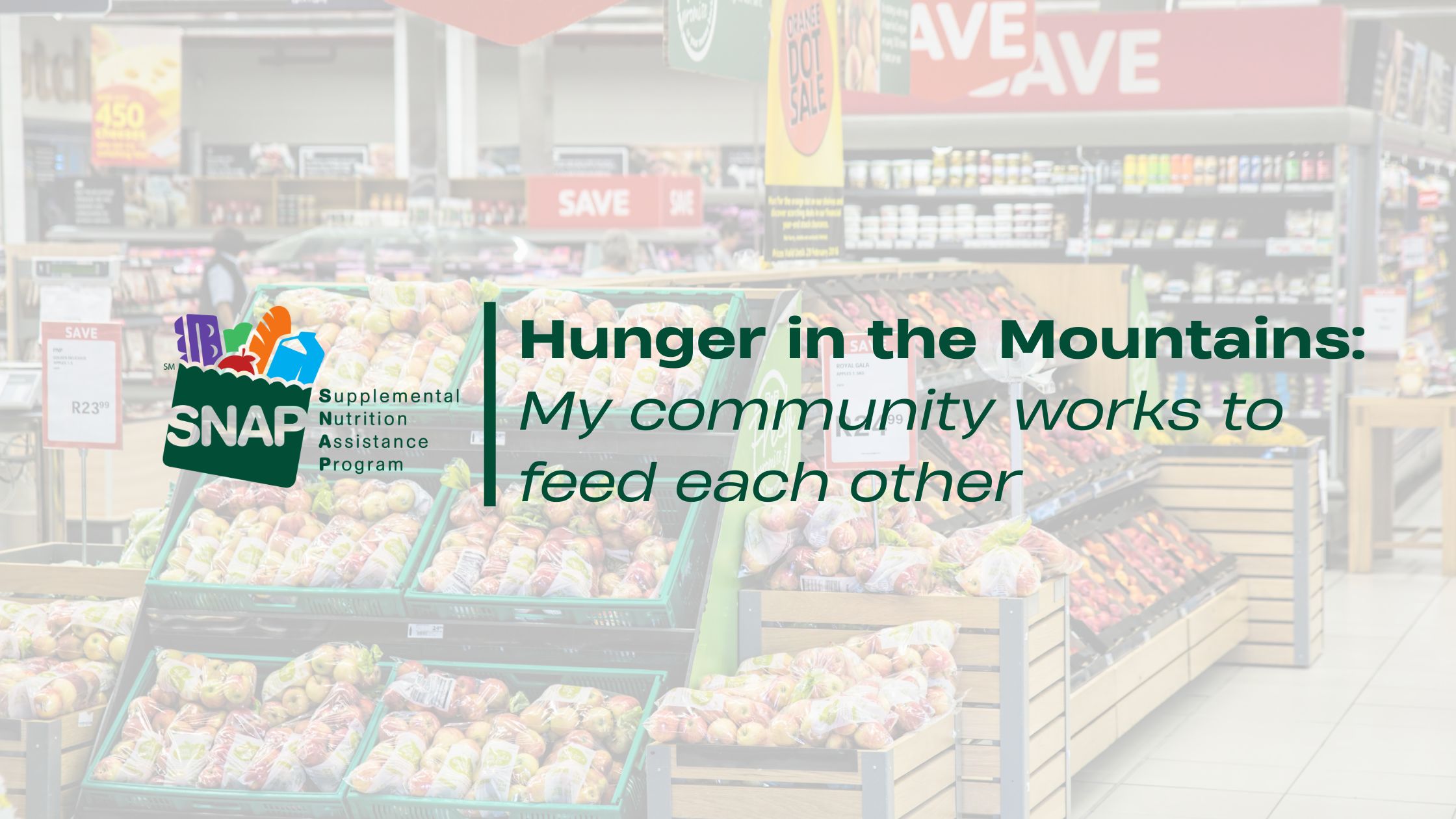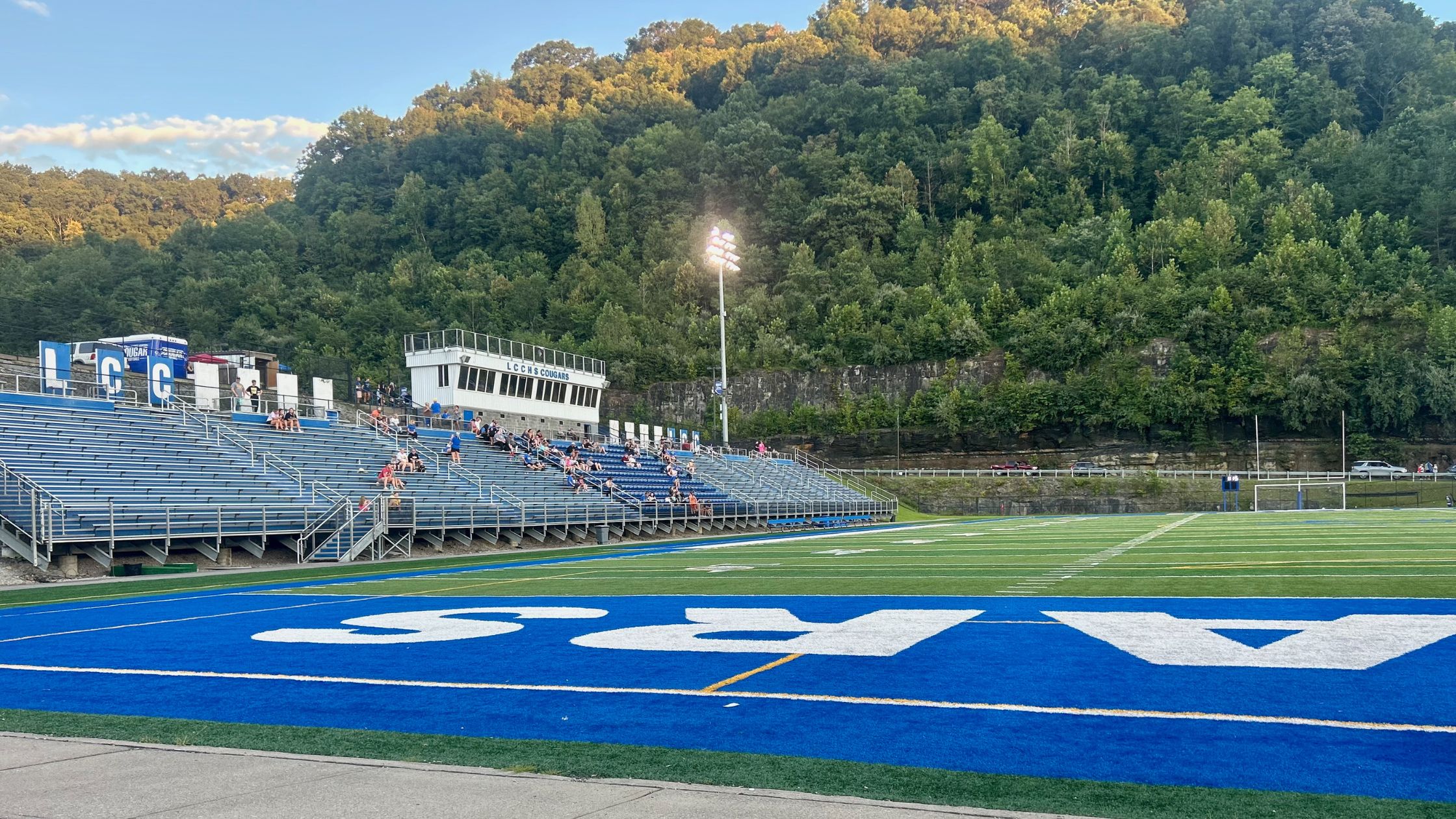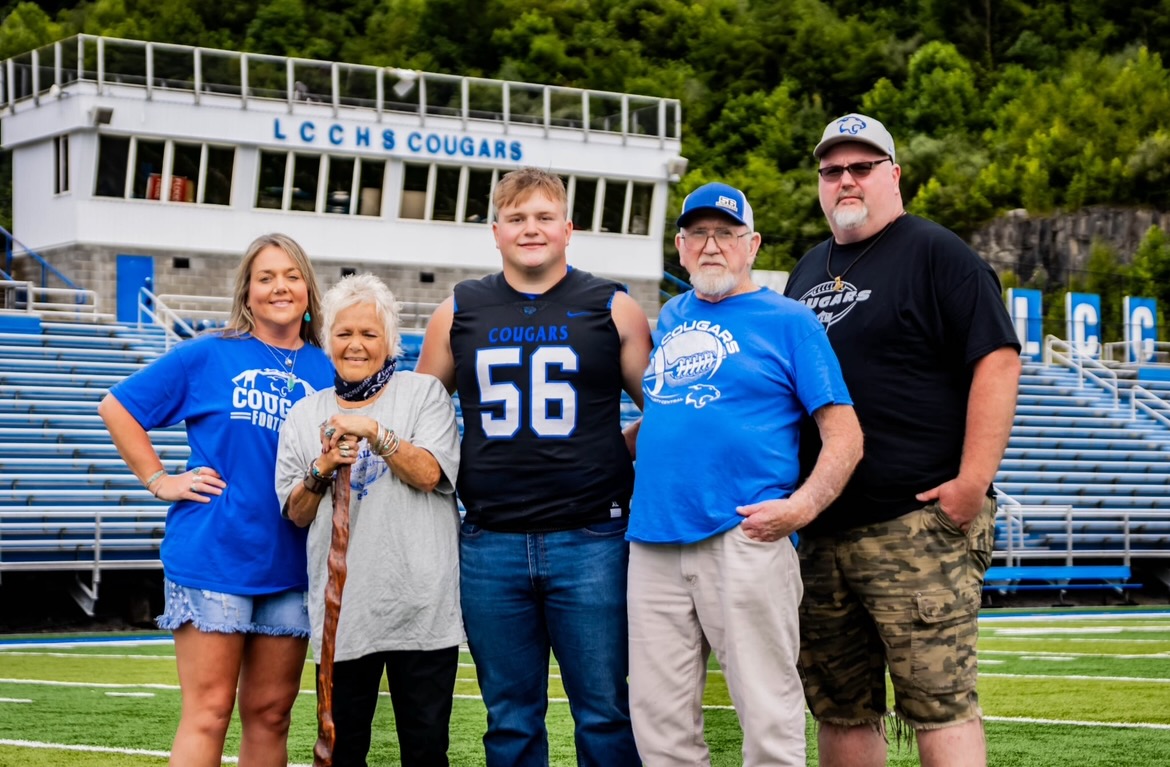A version of this opinion piece originally appeared in the Lexington Herald-Leader. Please read it here.
I notice students in the halls who are already fighting to keep their grades afloat and college applications prepared become burdened with the weight of fending for their family. A part-time job to “learn the value of a dollar’’ first, then picking up extra shifts to cover bills piling up on an otherwise empty table, soon become classes slept through. I watched as kids, not even reading age, are told to put back food they chose at school because they do not have money in their account, their growing minds now molding to feelings of rejection and isolation placed on them not solely by financial burdens, but through the faults of the system in place. As numerous students and families are fighting to stay fed, delays to Supplemental Nutrition Assistance Program (SNAP) benefits, used by over 42 million people, will be detrimental to small communities similar to my own.
Over 600,000 Kentuckians use SNAP. The Trump administration was ordered to fully fund SNAP benefits in November as the government shutdown continues, yet this has not held, since benefits are still delayed in many states while the administration appeals the decision, leaving thousands uncertain about whether they will starve.
As a high school student in Pike County, Kentucky, the struggles of our mountainous communities are clear to me in all my experiences. A report by the Kentucky Center for Economic Policy said that over 200,000 children were underfed in Kentucky in 2024. One in five kids fell asleep counting the hours their stomachs would stay empty, as opposed to mindlessly counting sheep. In Appalachia specifically, for households with children under the age of 18, the SNAP participation rate, 21%, is nearly “three percentage points higher than all U.S. households,” according to the Appalachian Regional Commission. SNAP helps families in need buy food for their households, and helps ensure those 200,000 children do not fall through the cracks of a shattering administration.
My family doesn’t currently use SNAP, but when I was younger, we faced times of financial hardship. I never thought about it too deeply then; I knew my mom would always provide for me. However, I know the feeling of whenever you’re at school getting food, you either aren’t offered the same as your friends, or you’re warned, ‘you don't have any money left,’ and there's nothing you can do about that. Now, daily, faces of all ages, wrought with despair, ask me: What will happen next? How will we afford to feed and clothe our families?
In February, a destructive flood drowned my town. So many people lost everything, left seemingly alone and covered in snow with no way to regain their previous lives. Many smaller areas of town with less resources were hit, causing loss in an already struggling community. We are still recovering from this. We still have stores that are defunct. We still have houses down. Losing SNAP benefits is going to be even more hurtful to people who are still working tirelessly to climb out of the hole caused by the flood.
As the shutdown and cuts continue, Appalachia finds itself turning inward to its roots, growing new branches of connection between the increasing number of people who will starve without SNAP. At my church, I volunteer packing bags of food. I watch as processions of cars carrying people in need wrap around the building and file down along the side of the road. Sometimes, I find lines of cars at noon when giving doesn’t start until three or four o’clock. People are lining up so early out of fear of the supply running out before the demand is met. I see this line growing longer and longer month after month, and I wonder what threats to SNAP benefits will do to this already worrying state of affairs.
I watch volunteers serving with cheerful faces and heavy hearts, knowing it will not be enough for long enough. The extra support of food pantries can only be added as a safety net, not a parachute to save an entire community free-falling. WEKU reports that food banks, even in the flood-free areas outside of Pike County, are struggling to meet the ever-growing need of their communities. However, no bandage is strong enough to cover the cracks that continue to grow with every day of the shutdown, with an utter lack of empathy in threats to SNAP benefits.
Years ago, my church was where I saw firsthand how people can help people. When we were younger, they gave my siblings and I beds, clothes, toys, and comfort. I knew somebody would always have me covered, no matter what got me there, no matter their beliefs. Now, I think of what I would’ve thought at that time: You’re 10 years old, and you’re hearing about these things–that people won’t get food. That raises the question of: why aren't we feeding our neighbors?
With no answers given by national administration, the people of Appalachia persevere and provide one another with life jackets. Flooding every social media platform I see are video tutorials on breadmaking recipes that require only a few ingredients. In each one the creator pulls fresh bread from the oven and reminds their viewers: even if you are not directly affected by the program cuts, become a cause for the solution. While inspiring, the sheer bond of our community cannot withstand the imminent harsher realities. Across Kentucky the usual pools of resources, including food banks, are beginning to swell in demand and shrink in supply.
“One nation under God, indivisible, for liberty and justice for all” is recited daily by many students. More recently, the pledge has felt like a punchline signaling where the nation is divided and where liberty and justice fall short of the common man. With government funding on the decline and the cost of living on the incline, empathy and connection must override self-preservation and disagreement. The bond of those usually opposed can be built and strengthened in times of need, providing financial, emotional, and mental support to each person willing to connect with another when those in power are so disconnected. Pike County stands out on this account, finding hope in the arms of strangers during the flood to our mountains. Now, it’s vital to stand with those suffering the currents of the government's waves, to give to food pantries, share the bread, and remember how our mountains hold us together as one.














